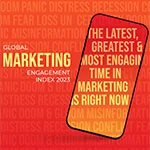 |
An increased emphasis on marketing and developing digital channels led to higher levels of customer engagement over the past year, according to the newly released Global Marketing Engagement Index 2023 from Team LEWIS.
That rise made up for a rather lackluster 2022, resulting in some of the highest scores since the index was first released in 2017. In four key areas (media, digital marketing, CSR/ESG and company culture), MET (Marketing Engagement Tracker) scores rose, often by considerable margins.
In media, engagement rates more than doubled, going from 34.6 percent in the 2022 index to 70.1 percent in this year’s edition. For digital marketing, the jump was from 46.9 percent to 64.8 percent. CSR/ESG (56 percent to 68 percent) and company culture (70.9 percent to 75.2 percent) also showed healthy gains.
However, all of the resources expended on reaching out has resulted in a few problems, the study finds. Primary among them: site security, which tumbled from 79.9 percent in 2022 to 63.9 percent in the new index. Website performance (48.4 percent to 45.9 percent) and UX (61 percent to 603 percent) also took minor hits.
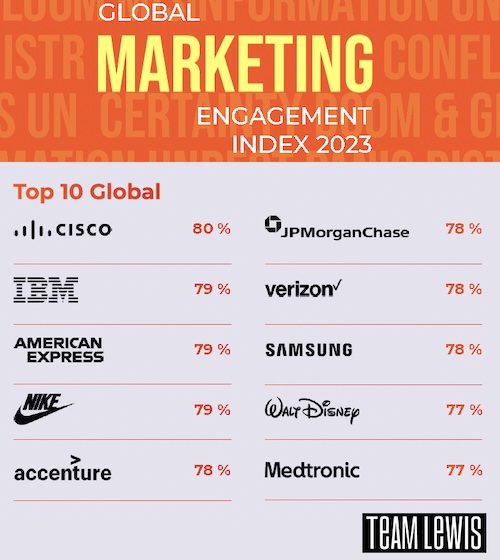 |
The study authors offer a few strategies to combat those slides: “Consolidating digital growth. Tackling cybersecrurity shortcomings. Design experiences with every user in mind. The prioritization of these actions will not only avoid disillusion on the part of consumers, but help prevent security breaches.”
The Team LEWIS study also singled out the brands that are doing the best at engaging customers. Heading up both the global and US lists was Cisco, which had a MET score of 80 percent. IBM, American Express and Nike all came in at 79 percent on both lists.
In EMEA, the leader was Accenture, with a 78 percent MET score, followed by Medtronic, Novo Nordisk and ASML, who got 77 percent. APAC’s top MET score was racked up by Samsung (78 percent), followed by Sony (57 percent) the National Bank of Australia and Commonwealth Bank (both 72 percent).
Teas LEWIS’s study examined the top 300 companies from the “Forbes Global 2000: The World’s Largest Public Companies” list. The scores were compiled between Sept. 20 and Oct. 31.


 Consumers who once demanded convenience now require consistent, multi-channel experiences that cater to them at every point. Brands must have a clear, audience-appropriate, and channel-specific voice across all platforms.
Consumers who once demanded convenience now require consistent, multi-channel experiences that cater to them at every point. Brands must have a clear, audience-appropriate, and channel-specific voice across all platforms.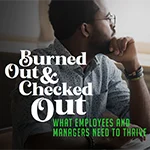 Employees at U.S. companies are experiencing high levels of burnout, but managers are lagging behind when it comes to their awareness of the problem
Employees at U.S. companies are experiencing high levels of burnout, but managers are lagging behind when it comes to their awareness of the problem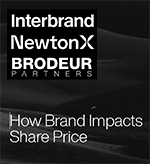 Brand has a powerful effect on a company’s valuation, but the level of brand understanding in the investment community leaves a lot to be desired, according to a new study from Brodeur Partners, Interbrand and NewtonX.
Brand has a powerful effect on a company’s valuation, but the level of brand understanding in the investment community leaves a lot to be desired, according to a new study from Brodeur Partners, Interbrand and NewtonX.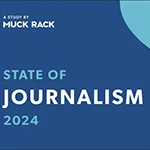 AI may still be viewed with a wary eye by most media pros, but its use is growing, according to a new study from Muck Rack.
AI may still be viewed with a wary eye by most media pros, but its use is growing, according to a new study from Muck Rack.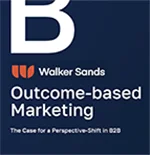 A new study from Walker Sands says that some marketers have been putting the cart before the horse when it comes to the relationship between marketing channels and business outcomes.
A new study from Walker Sands says that some marketers have been putting the cart before the horse when it comes to the relationship between marketing channels and business outcomes.


 Have a comment? Send it to
Have a comment? Send it to 
No comments have been submitted for this story yet.